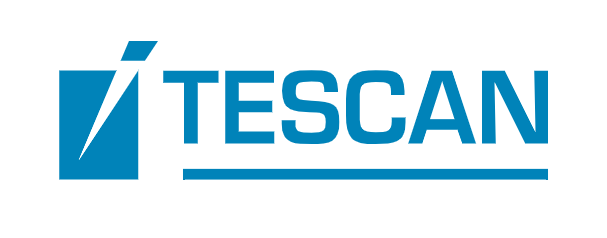Speaker
Description
Simulations of petroleum reservoirs deal with highly heterogeneous permeability fields with multiple scales and high contrast. Multiscale methods are frequently used to simulate such reservoirs because of the huge meshes involved. We discuss here multiscale methods based on domain decomposition, for which the accuracy strongly depends on the interface spaces, i.e., the discrete spaces chosen to represent the variables on the skeleton of the decomposition. We introduce interface spaces based on the geometry of the heterogeneities, especially designed to deal with permeability fields containing high-contrast channelized features such as fractures (high-permeable) and barriers (low-permeable). A pressure space is designed so as to accommodate fractures and a flux space to accommodate barriers. We combine these new interface spaces with the Multiscale Robin Coupled Method (MRCM, [1]), which allows for the independent choice of the pressure and flux interface spaces. The adaptivity of the MRCM is used to automatically select the appropriate parameters at each location, considering the simultaneous presence of fractures and barriers. Our numerical simulations of single-phase and two-phase flows have shown that the MRCM combined with the proposed interface spaces yields promising results for challenging high-contrast porous media problems.
References
[1] R.T. Guiraldello, R.F. Ausas, F.S. Sousa, F. Pereira, and G.C. Buscaglia. The multiscale Robin coupled method for flows in porous media. J. Comput. Phys., 355:1-21, 2018.
| Time Block Preference | Time Block C (18:00-21:00 CET) |
|---|---|
| Acceptance of Terms and Conditions | Click here to agree |






